In response to Philippine media claims that officials in the country are investigating Chinese companies suspected of "pretending to be American or European enterprises" in order to recruit Filipino soldiers as analysts online, a spokesperson for the Chinese embassy in the Philippines refuted the claims on Wednesday, saying that it was just malicious speculation and groundless accusations against China with the purpose of inciting Sinophobic sentiments in the Philippines.
The spokesperson said China firmly opposes this, as it poisons the atmosphere of China-Philippine relations. Filipino people have discerning eyes and can see through these shenanigans, and they will not be deceived by false narratives, the spokesperson added.
According to Philippine media reports, the Armed Forces of the Philippines said on Monday that they are assessing reports about these suspected Chinese firms. An official from the Philippine Department of Information and Communications Technology also said that finding out who has registered a domain name shows that the suspected companies are registered as Chinese companies.
A Philippine senator warned on Sunday that the Philippine Retirement Authority's policy of issuing special resident retiree visas to Chinese nationals who are 35 years old and categorized as "soldier's age" adversely impacts the national security of the Philippines, according to Philippine media reports.
Some Philippine media reports mentioned so-called Chinese "sleeper cells" in the Philippines, invoking the example of Japanese spy Takeo Yoshikawa before Pearl Harbor during WWII.
The spokesperson said that China-Philippine friendship has always been the mainstream of bilateral relations and the aspiration of the two peoples. However, there seems to be an "invisible hand" disseminating disinformation about China, hyping up maritime disputes between the two countries, amplifying maritime differences, creating tension, and even fearmongering about war.
China always adheres to the principle of non-interference in the internal affairs of other countries. The so-called "sleeper cells" in the Philippines are just a fabrication. Some other countries, meanwhile, exhibit habitual meddling in other nations' internal affairs, fostering domestic division and confrontation, and instigating "color revolutions," the spokesperson noted.
China urges relevant parties in the Philippines to keep up with the trend of the times and listen to the people of both countries, and to stop spinning false narratives and arousing anti-China sentiments.
It is hoped that the Philippine side, taking into account the broader context of China-Philippine relations and regional peace and stability, will return to the right track of dialogue and consultation at the earliest opportunity, meet China halfway, manage differences through concrete actions, and promote the stable development of bilateral relations.









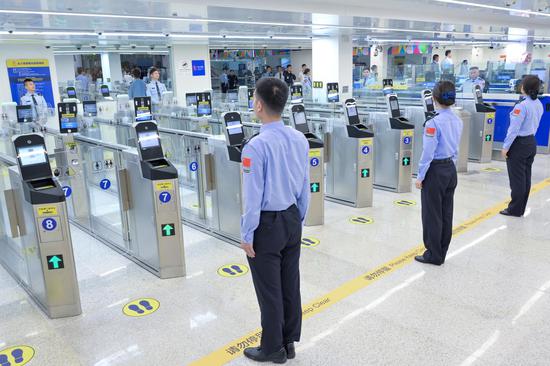












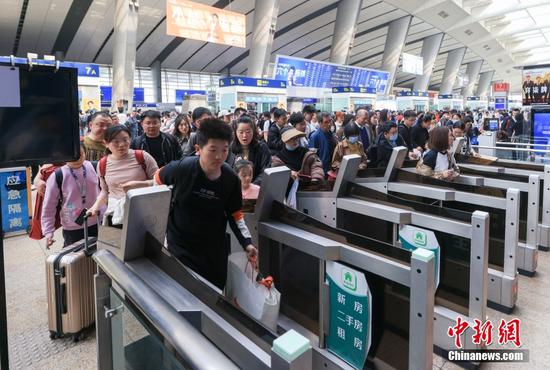
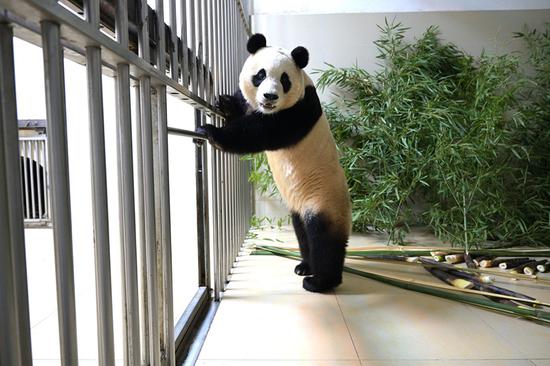





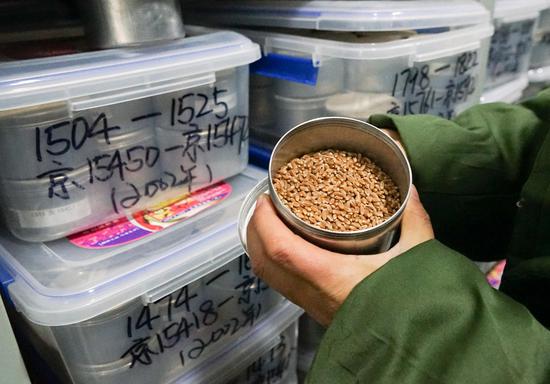
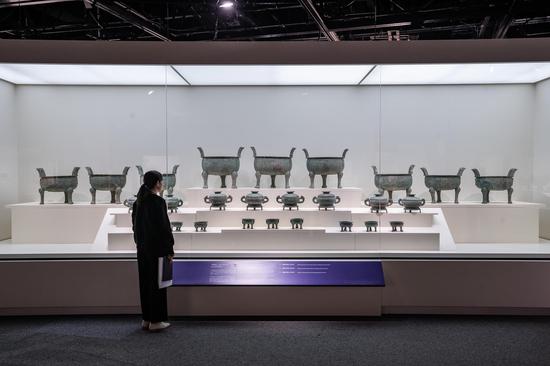

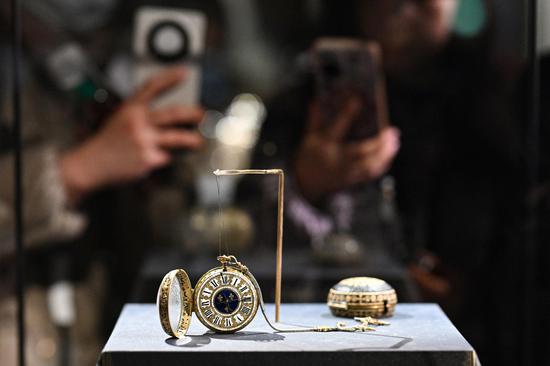

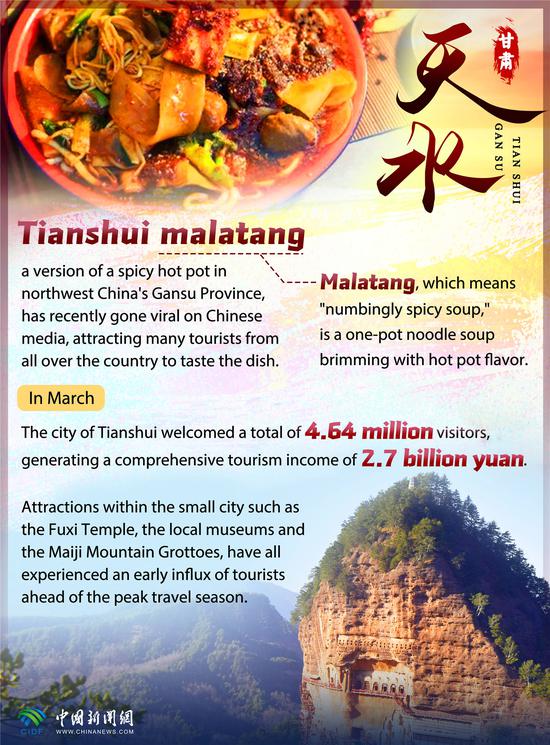
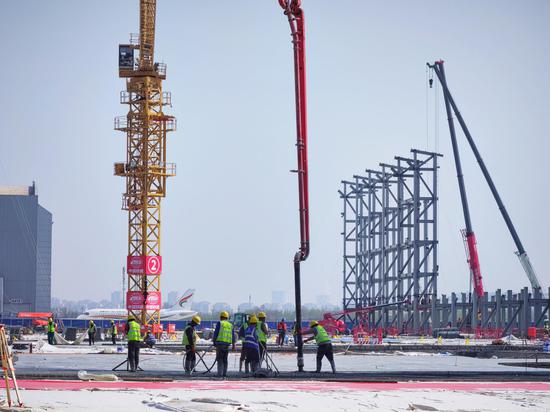



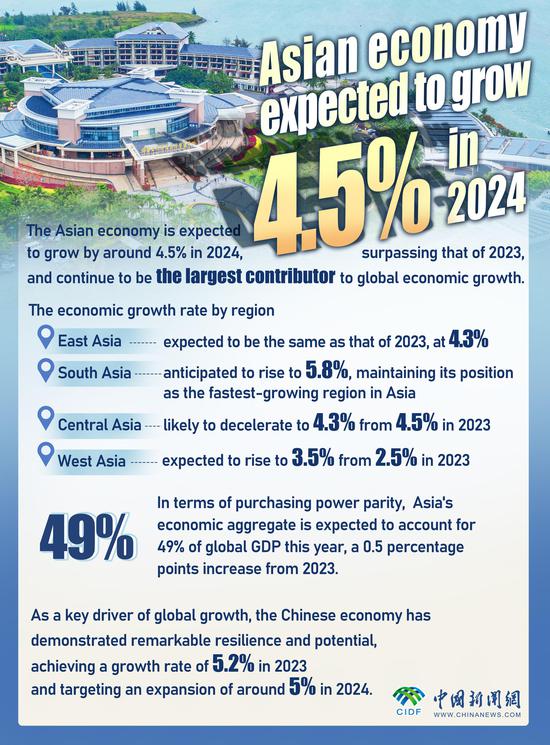
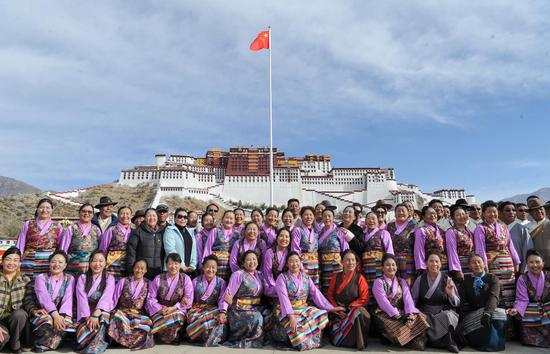
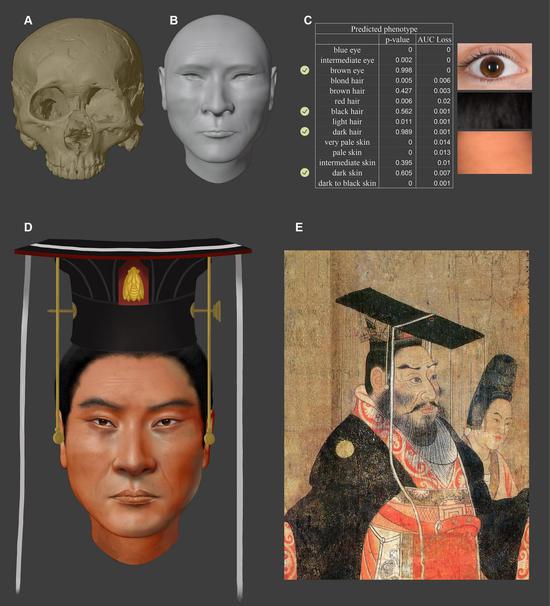








 京公网安备 11010202009201号
京公网安备 11010202009201号